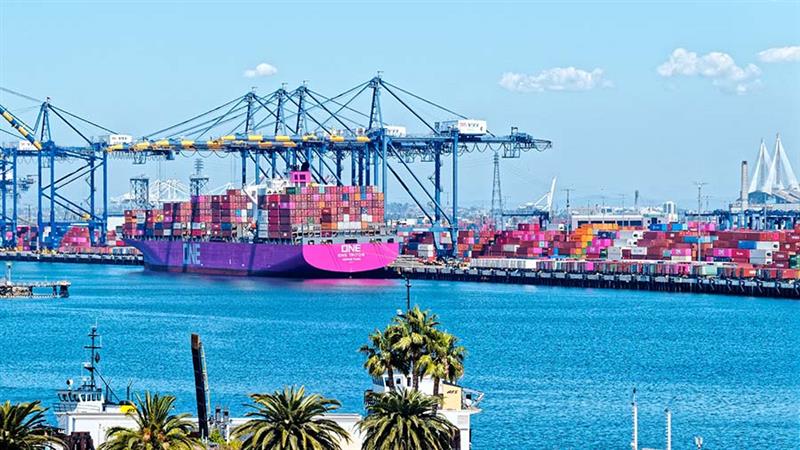Taking Advantage of Beilun Port: The Ningbo Economic and Technical Development Zone
By Jean-Charles Briand
July 24 – Located in Ningbo’s Beilun District, the Ningbo Economic and Technical Development Zone, one of China’s earliest and largest national development zones, represents a well-developed economy. The zone, approved by the State Council in 1984, currently covers an area of 29.6 square kilometers. A bonded logistics zone, a free trade zone, an export processing zone and the Ningbo Daxie island development zone are also located nearby.
Throughout its 24 years of operation, industries historically important in Ningbo such as textiles and food processing, as well as automobiles, machinery and equipment manufacturing, have used the NETDZ as their preferred export base. In 2005 the GDP of the zone reached RMB23.40 billion while the total investment amounted to US$2.59 billion, and the contracted FDI was US$1.05 billion.
Newer industries such as the petrochemical and chemical industry, the steel industry, the papermaking and shipbuilding have also established themselves in the NETDZ. The zone is now equipped to deal with petrochemical, as several berths have been built to accommodate their incoming raw material.
As many other development zones have done, the NETDZ is placing more emphasis on the high-tech sector. Besides preferential policies such as significant tax rebates or lower rent, a development fund, an incubator, and an innovation center for sustaining high tech projects have also been created.
Furthermore, among the 12,000 foreign enterprises present in Ningbo, about 1,400 from more than 50 nations and regions are set up in the zone. Examples include Exxon, Concord Oil, Dow Chemical, British Petroleum, Itochu, Marubeni Group, Samsung, and Mitsubishi. As for domestic companies, they are over 1,000 in NETDZ, many of which are in IT industries.
Authorities have several new project plans. In the future, new areas will be developed in order to combat rising land occupancy. After having spearheaded Ningbo’s economy by attracting foreign investment and supporting the export-oriented model, NETDZ is now looking to integrate more activity oriented towards domestic consumption. The zone is also furthering the service industry by granting special privileges to investors engaged in finance, insurance, commerce & trade, tourism, real estate and modern logistics. The objective is to boost the urban expansion of the Beilun district which has already evolved into a sub-city of Ningbo, with 800,000 residents.
The accessibility and infrastructure of Beilun district and the NETDZ are also noteworthy assets. First, four highways connect Beilun to the center of Ningbo. The opening of the Hangzhou Bay Bridge in May has also increased the efficiency of the Shanghai-Hangzhou-Ningbo expressway which ends in the district. In addition, Ningbo Lishe Airport which offers flights to over 40 domestic or international destinations is within an hour’s drive. As for the zone itself, a railway network links NETDZ with neighboring cities, in addition to the access that Beilun Harbor provides. Internally, NETDZ has a railway system planned, and several roads, bridges, and tunnels have been expanded or have been undergoing construction.
With nine universities and colleges and many professional training schools, Ningbo has approximately 25,000 new graduates each year. Ningbo Polytechnic, situated in the NETDZ, is known in particular to provide professional training for the employees working in the development zone.
For more information about NETDZ, please contact Lewis Chen of the administrative committee.
For assistance with legal incorporation and tax advice in Ningbo, please contact Lily Wang, manager, Dezan Shira & Associates Ningbo office.
- Previous Article China Optimistic Despite Slowing Exports
- Next Article Via Nepal, China Gains Foothold in South Asia



























